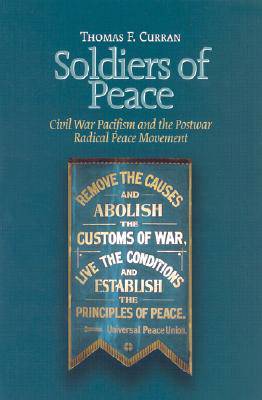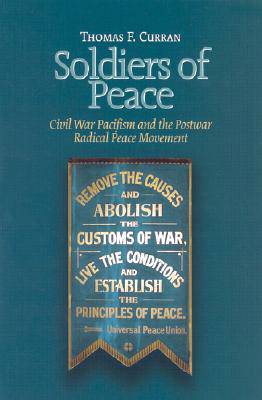
Nos liseuses Vivlio rencontrent actuellement des problèmes de synchronisation. Nous faisons tout notre possible pour résoudre ce problème le plus rapidement possible. Toutes nos excuses pour la gêne occasionnée !
- Retrait gratuit dans votre magasin Club
- 7.000.000 titres dans notre catalogue
- Payer en toute sécurité
- Toujours un magasin près de chez vous
Nos liseuses Vivlio rencontrent actuellement des problèmes de synchronisation. Nous faisons tout notre possible pour résoudre ce problème le plus rapidement possible. Toutes nos excuses pour la gêne occasionnée !
- Retrait gratuit dans votre magasin Club
- 7.000.0000 titres dans notre catalogue
- Payer en toute sécurité
- Toujours un magasin près de chez vous
75,45 €
+ 150 points
Description
Historians have tended to dismiss pacifism and the peace movement of the Civil War era, arguing that most Americans believed in the war as an answer to the crisis of secession.
This groundbreaking book offers a much needed new perspective on role played by pacifism during and after Civil War era. Thomas Curran focuses on the perfectionist pacifists, a group of northerners whose views on Christian perfection and obligation forced them to take an extreme pacifist stance during the War. Curran tracks wartime opposition into the postwar years, when the perfectionists united to create the Universal Peace Union (UPU), America's most radical peace organization of the late nineteenth century.
Spécifications
Parties prenantes
- Auteur(s) :
- Editeur:
Contenu
- Nombre de pages :
- 228
- Langue:
- Anglais
- Collection :
Caractéristiques
- EAN:
- 9780823222100
- Date de parution :
- 01-04-03
- Format:
- Livre relié
- Format numérique:
- Genaaid
- Dimensions :
- 143 mm x 225 mm
- Poids :
- 458 g







